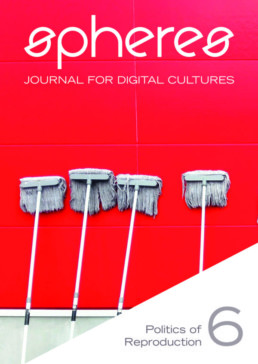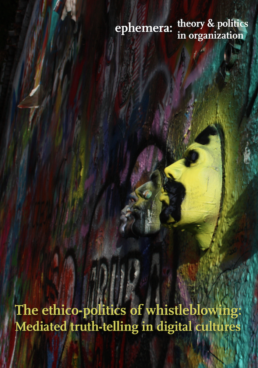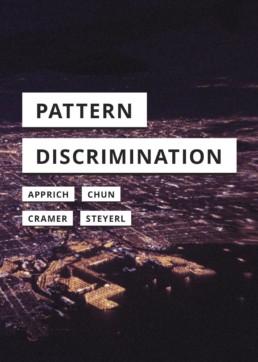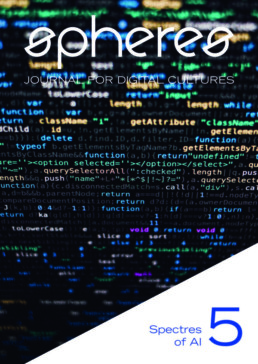Call for Contributions
As we are working on forthcoming issues, we also welcome further contributions to existing issues of the journal. Our issues work as thematic containers, where we invite further contributions to the theme of the issue as well as comments on existing contributions. We are also happy to receive suggestions for edited issues. If you are interesting in submitting, please refer to the guidelines at About › How to submit and contact us at editors@spheres-journal.org.
New Issue: #6 Politics of Reproduction
This special issue of spheres contributes to a critical engagement with the politics of reproduction, and as this relates to digital cultures in particular. Job losses, foreclosures, homelessness and dispossession, indebtedness, and rising precarity have shaped the realities of many in the wake of the Great Recession of the late-2000s. Although for many of course, an economic crisis – a crisis in the capacity to meet needs and desires in the context of scarce resources – long predates this point. It is these crises of social reproduction, and the emergence of social movements and struggles from within them, that provides the context in which much recent scholarship on the politics of reproduction has been produced and has circulated. It is also what has given it much of its urgency.
read moreNew Issue: Ephemera Journal 19 (4) – The Ethico-Politics of Whistleblowing
Randi Heinrichs, Bernadette Loacker and Richard Weiskopf (eds.)
A number of spectacular cases have recently spurred research and public debate on whistleblowing. Portrayals of whistleblowers oscillate between the heroic and courageous ‘truth-teller’ and the morally dubious and dangerous ‘trouble-maker’. Whilst acknowledging the deep ambivalence of whistleblowing, this special issue moves beyond individualising accounts. It situates the experience of whistleblowing in the context of the wider political economy, and considers it to be shaped by variegated socio-economic and political discourses, legal frameworks, institutional and organisational norms, as well as digital technologies. More information: ephemerajournal.org
New Book: The Eternal Network
Kristoffer Gansing and Inga Luchs (eds.), The Eternal Network, Amsterdam, INC, 2020.
‘The network is everlasting’ wrote Robert Filliou and George Brecht in 1967, a statement that, at first glance, still seems to be true of today’s world. Yet there are also signs that the omnipresence of networks is evolving into another reality. In recent times, the limits of networks rather than their endless possibilities have been brought into focus. Ongoing media debates about hate speech, fake news, and algorithmic bias swirl into a growing backlash against networks. Perhaps it is time to reconsider the contemporary reach and relevance of the network imaginary.
More information: networkcultures.org
New Book: Pattern Discrimination
Clemens Apprich, Wendy Hui Kyong Chun, Florian Cramer, and Hito Steyerl (eds.), Pattern Discrimination, Lüneburg/Minneapolis, meson press/Minnesota Press, 2019.
Algorithmic identity politics reinstate old forms of social segregation—in a digital world, identity politics is pattern discrimination. It is by recognizing patterns in input data that artificial intelligence algorithms create bias and practice racial exclusions thereby inscribing power relations into media. How can we filter information out of data without reinserting racist, sexist, and classist beliefs?
More information: upress.umn.edu
New Issue: #5 Spectres of AI
Artificial intelligence (AI) is arguably the new spectre of digital cultures. By filtering information out of existing data, it determines the way we see the world and how the world sees us. Yet the vision algorithms have of our future is built on our past. What we teach these algorithms ultimately reflects back on us and it is therefore no surprise when artificial intelligence starts to classify on the basis of race, class and gender. With this issue of spheres we want to focus on current discussions around AI, automation, robotics and machine learning, from an explicitly political perspective. Instead of invoking and, therefore, perpetuating the spectre of artificial intelligence as a ‘programmed vision’ built on our past, we are interested in tracing human and non-human agency within automated processes, discussing the ethical implications of machine learning, and exploring the ideologies behind the imaginaries of AI.
read more



